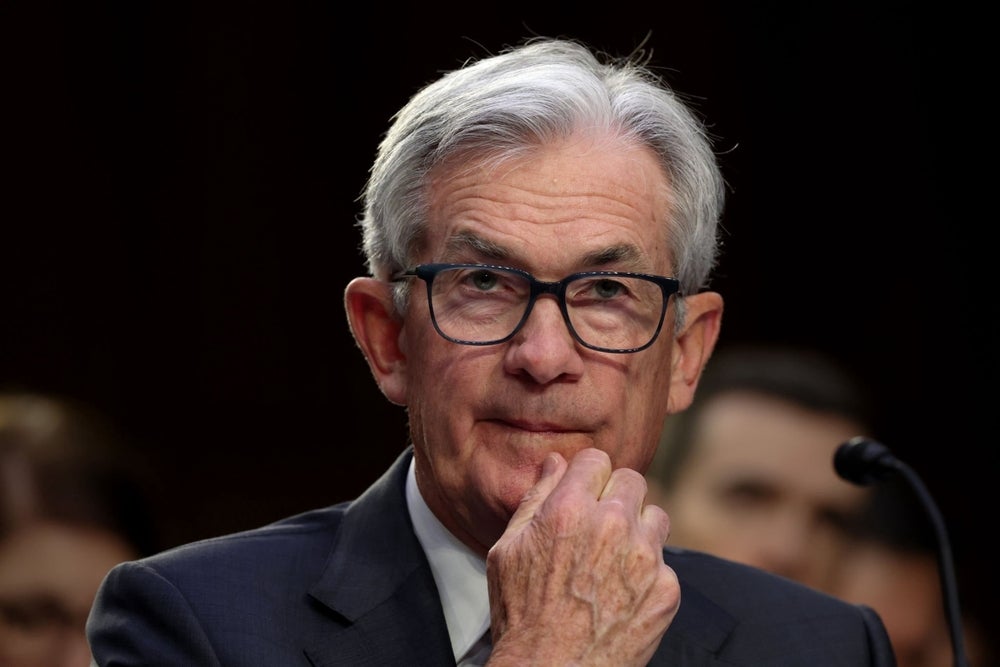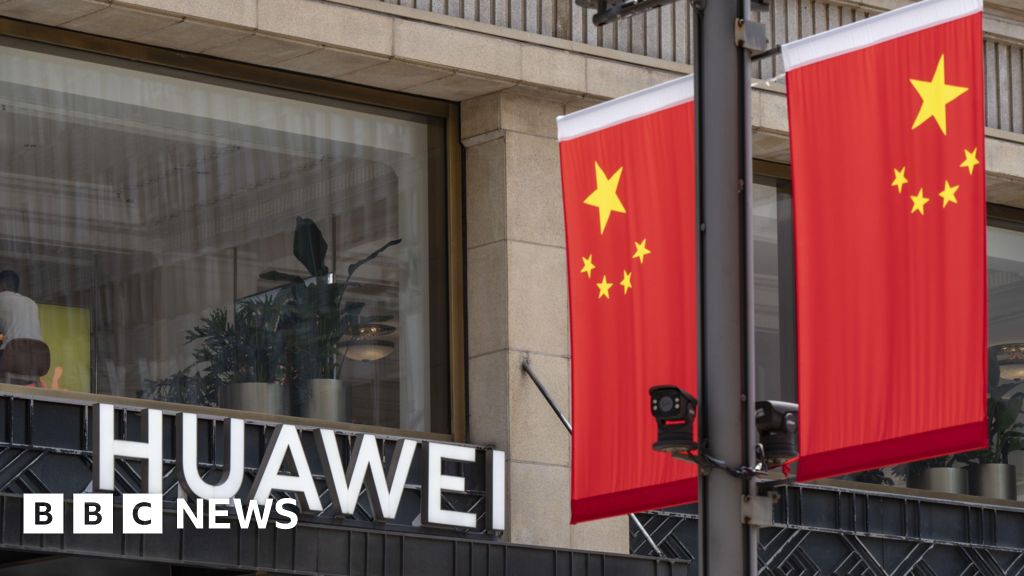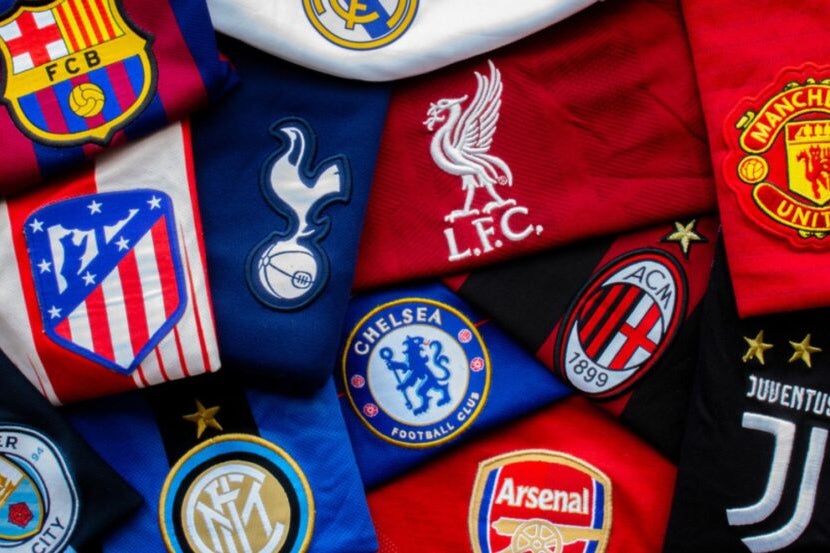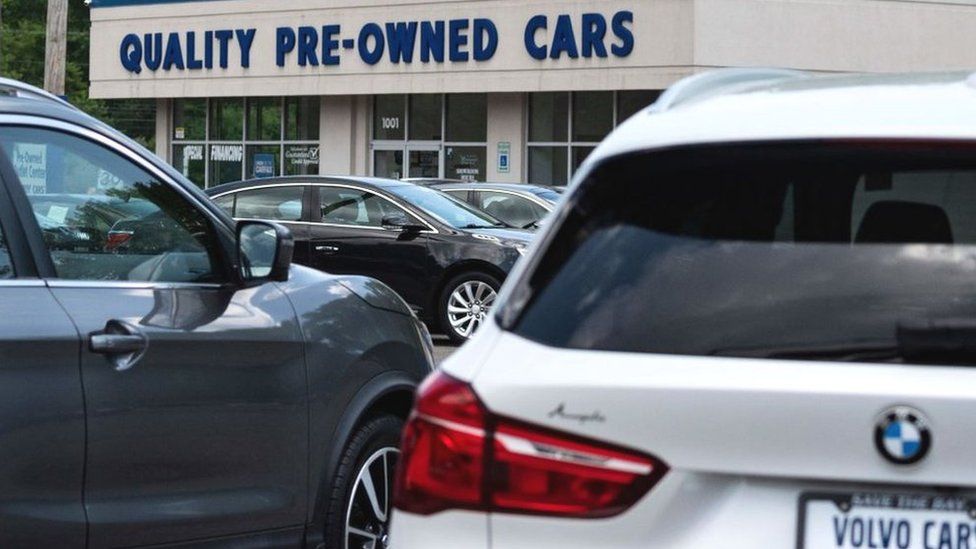
image copyrightGetty Images
Forget cash in the attic. You may just have a small goldmine sitting on your front drive.
Because among all the strange things going on with the pandemic-hit global economy, what is happening to used car prices is one of the strangest.
For those of you who remember TV’s archetypal second-hand car dealer, Arthur Daley, you might want to picture him rubbing his hands in glee. Though there’s nothing dodgy going on here, just market economics.
On Wednesday, the ONS inflation rate for used cars hit 4.4% for June alone. Raw stats from industry sources put the rises even higher, in the double digits.
It’s not just the UK either. Last month, US Treasury Secretary Janet Yellen pointed to the same phenomenon in the US. There, used car prices rose a record 10.5% in June, on top of three months of consecutive rises, leading to an incredible year-on-year inflation rate of 45%.
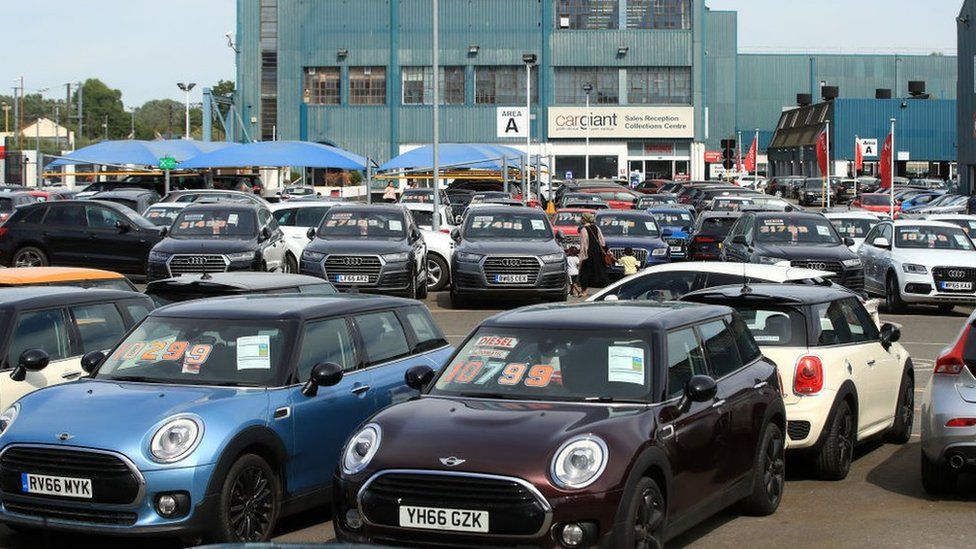
image copyrightGetty Images
I recently visited Nuneaton Cars, a mid-sized dealership, which before the pandemic served customers around the Midlands region.
The boss told me that individual cars sitting on his forecourt were surging in price by thousands of pounds, even while social restrictions applied. He was finding buyers were attempting to gazump each other to get hold of used cars already marked as sold.
Like many dealers, Nuneaton Cars had found it worthwhile during the pandemic to invest in nationwide delivery of their cars, serving customers as far away as Scotland and south-western England. Unable to turn up for test drives, customers bought based on demonstrations over Facetime.
So what is happening? The industry blames the pandemic-linked shortage of new cars.
When the first lockdown struck, carmakers stopped production. Microchip manufacturers diverted the chips that would normally go into those cars to the consumer electronics market.
But when car manufacturing started up again, the supply didn’t spring back. Without that essential component, production has had to slow.
Some of the demand that would have been met by new cars rolling off the production line has gone into used cars instead.
In addition in the UK, there are up to £200bn of “forced savings”, money not spent during lockdown. That cash now seems to be finding its way into the car market.
There were also hundreds of thousands of part exchanges that never happened because of the pandemic.
And most intriguingly, dealers report some reluctance from commuters who used public transport before the pandemic, but now feel happier behind the wheel.
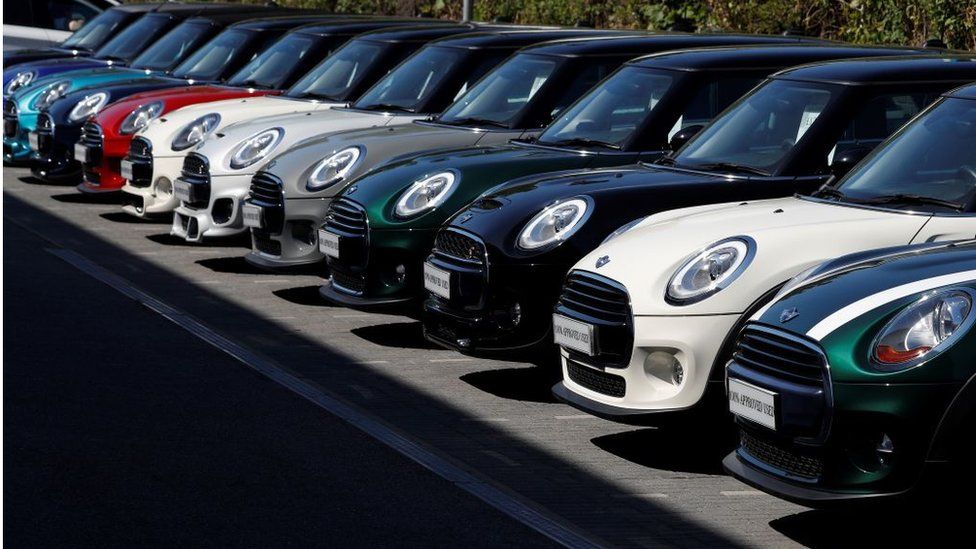
image copyrightGetty Images
It is a perfect storm for the car market, which means that there is just not enough stock and so prices have surged.
But the way the market works has changed too, with aggressive competition to buy up the supply of cars from new players, such as internet car dealer Cinch.
Millions of users of online platforms receive weekly updates on the rising value of the motor on their driveway.
Will these surging prices last? If, and when, public transportation returns to normal and new car production rebounds, then the rises should abate.
But that will not be for some months yet.
In the meantime, used cars are providing an excellent case study in why, when demand rebounds quickly and supply suffers bottlenecks, it leads to inflation.


